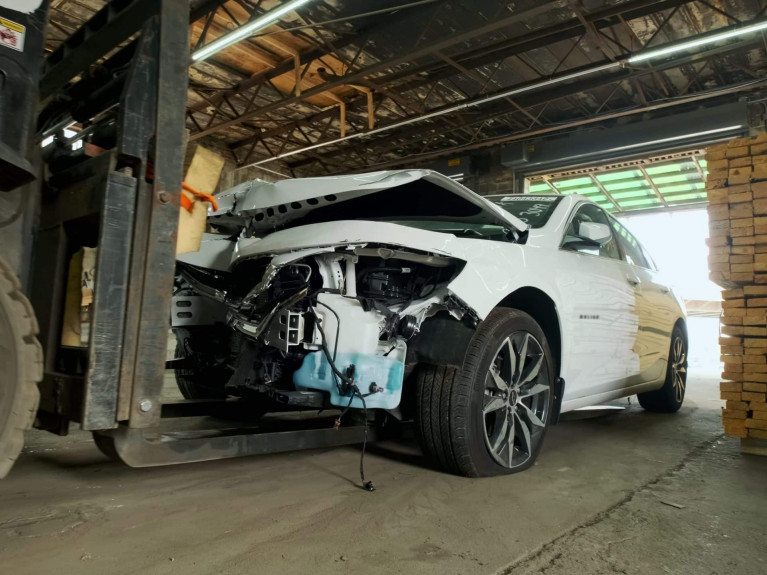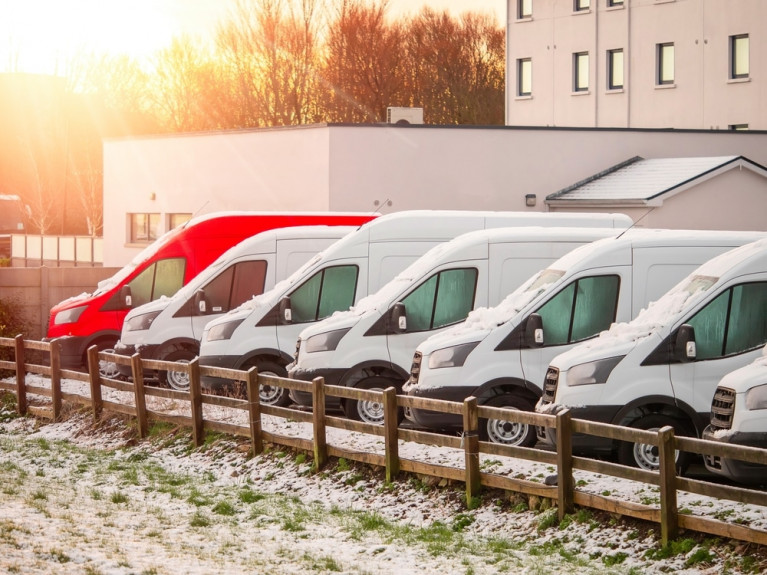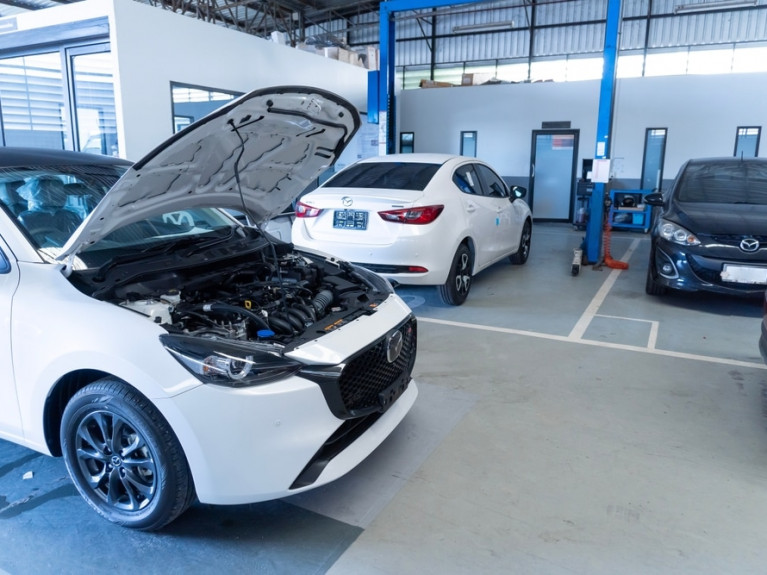
NAFA’s advocacy team leader Michael Taylor, senior advisor for HillStaffer, met with members of the media during a NAFA legislation briefing this week to provide the latest updates on the California Advanced Clean Fleets Rule (ACF) and EV policies. Here are the highlights.

In December 2023, the Canadian federal government finalized the Electric Vehicle Availability Standard, mandating that all new light-duty vehicles (LDVs) sold in Canada be zero-emission by 2035, with interim targets of 20% in 2026 and 60% by 2030. To assist in this transition, the Canadian government established two incentive programs for buying or leasing zero-emission vehicles (ZEVs): the iZEV Program for LDVs and the iMHZEV Program for medium- and heavy-duty vehicles.

Tom Johnson was the visionary behind the 100 Best Fleets in the Americas competition, as well as the Green Fleet Awards and Green Garage Contest — initiatives designed to spotlight and share best practices in fleet operations across the Americas. From 2000 until his passing in 2022, he led these award programs and left a lasting impact on the industry. Johnson also authored The Seven Qualities of the Top 100 Fleets and was honored with NAFA’s Honorary Lifetime Membership in 2020.

As a fleet manager, you’re tasked with more than just maintaining vehicles — you’re managing uptime, optimizing costs, and ensuring consistent revenue streams. Yet accidents can disrupt these efforts, leaving units sidelined and profits on hold. What if you could go beyond repairs and recover the hidden costs of these incidents?

In September of last year, while attending the American Car Rental Association’s annual event on Capitol Hill in Washington, DC, on behalf of NAFA, a video call with New Jersey State Senator Bob Smith, chair of the Senate Energy and Environment Committee, led to an idea — an amazing idea. As many of you know, in December 2023 New Jersey adopted California’s Advanced Clean Cars II regulation.

The automotive industry has a history of challenges associated with traditional vehicle inspections including inconsistent imagery, subjective evaluations, and human error. These recurring issues can result in missed damages and even fraudulent claims. For fleet operators, insurers, dealers, and individual vehicle owners, these challenges translate into operational risks, financial losses, and a lack of transparency.

Nominated by their peers and coworkers, these rising fleet professionals are upping their game and taking on leadership roles for their teams and organizations.

Mixed-energy fleets are on the rise — in fact, in a recent study we commissioned through Frost & Sullivan, we found that 80% of global commercial fleet leaders aim for at least 25% of their fleets to be EVs by 2030. While the survey focuses on ways to navigate and capitalize on the shift to electrification in Europe, North America, and Asia-Pacific, there are some U.S.-specific insights of note.

NAFA’s 100 Best Fleets contest celebrates excellence in fleet management by recognizing top-performing fleet operations. Open to all fleet organizations and agencies across North, Central, and South America, the contest serves as a benchmark for outstanding practices in fleet management. The 100 Best Fleets project team analyzed the 2024 contest application data for a demographic overview of this year’s 100 Best Public and Commercial Fleets.

Artificial intelligence (AI) is transforming fleet management in many ways, from optimizing fleet operations to speeding up repairs. According to the 2024 Market.us AI in Transportation Market report, AI in transportation is expected to reach around $21.4 billion globally by 2033, growing annually at a rate of 19.5 percent. Alongside this investment growth, we see more government activity focused on AI and transportation as well.